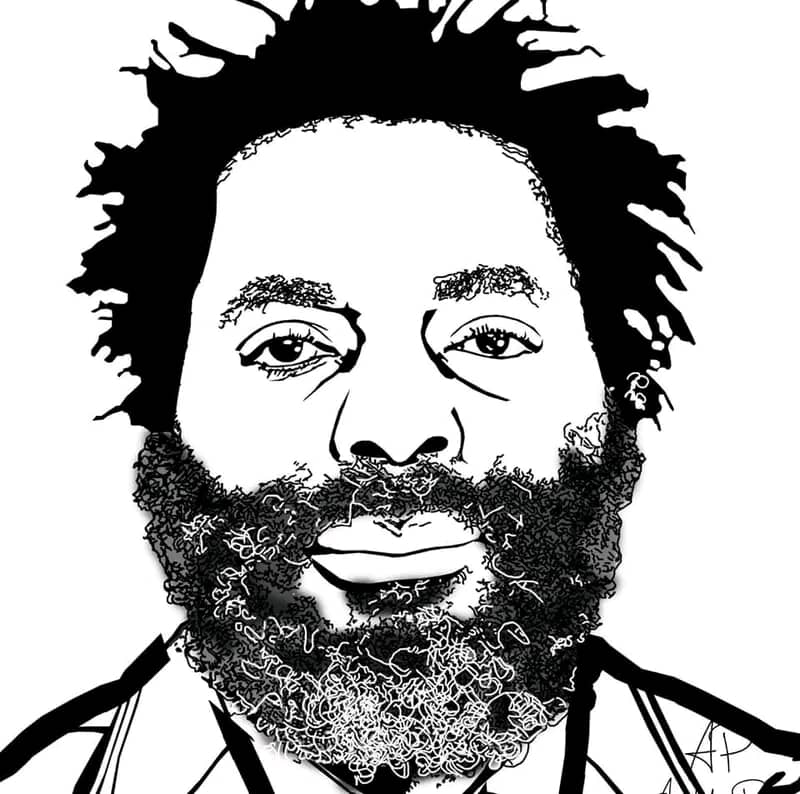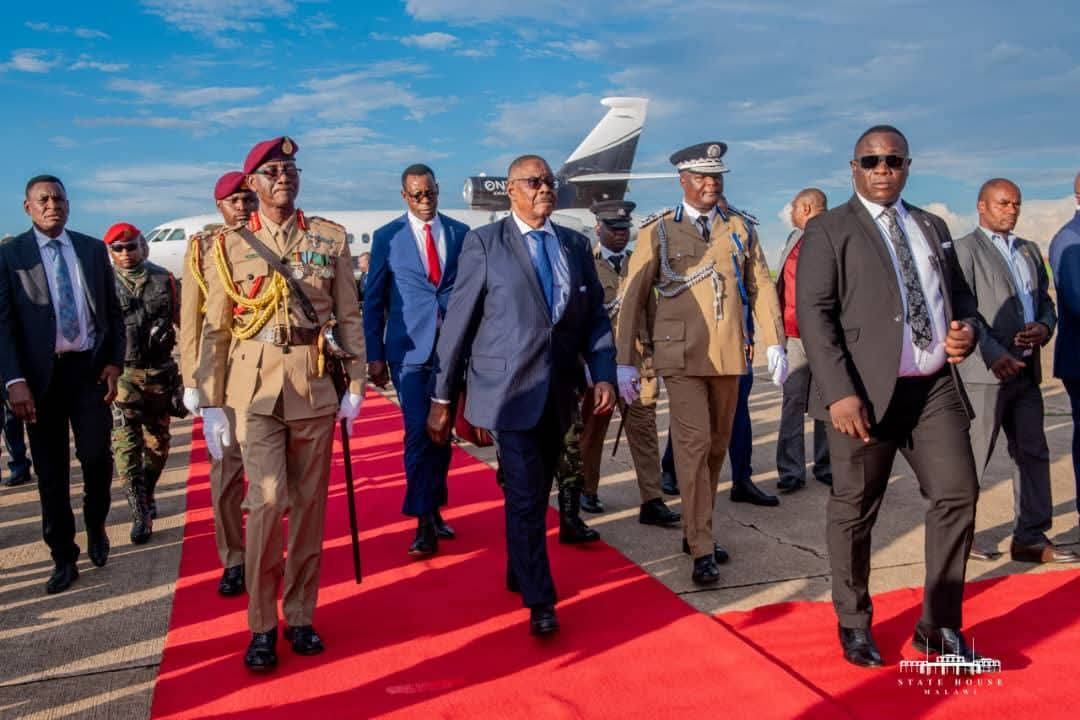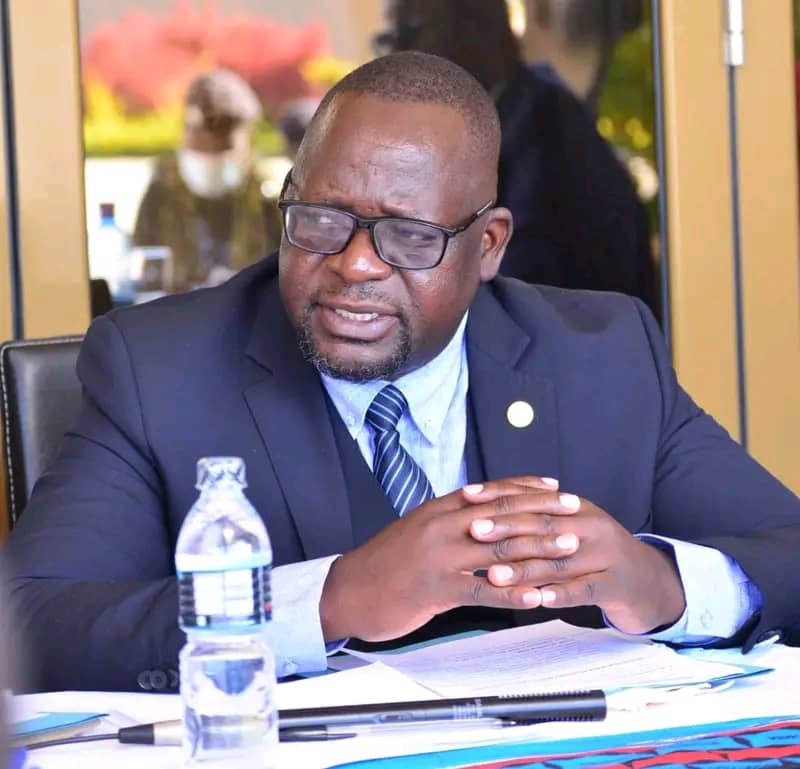By Burnett Munthali
When Vitus-Gregory Gondwe touched down at Stanford University as a 2025 John S. Knight Journalism Fellow, he carried with him not just a suitcase, but a mission.
His goal was clear: to immerse himself in Stanford’s rich academic landscape and use it to sharpen his journalistic skills, all while building on his experiences as the founding director of the Platform for Investigative Journalism (PIJ) in Malawi.
From its inception, PIJ has made significant waves in the Malawian media ecosystem, gaining recognition for its bold exposés and impactful investigative stories.
The platform has consistently held public institutions accountable, and its work has often resulted in formal inquiries, criminal arrests, and even government reforms.
However, these journalistic victories have come at a steep personal cost.
In one harrowing instance, after PIJ published an exposé implicating the Ministry of Defence and the Malawi Defence Force, Gondwe was forced into hiding.
This episode unfolded just after he had submitted his application for the JSK Fellowship, in which he detailed his aspiration to investigate how journalism could evolve through the integration of emerging technologies.
While he was in hiding, international diplomatic missions in Malawi took notice and intervened on his behalf.
The European Union Embassy, the British High Commission, and the United States Embassy all reached out to express their concerns and offered support.
These diplomatic entities engaged both the Office of the President and the Malawi Defence Force, pushing for a resolution that would guarantee Gondwe’s safe return.
Eventually, an agreement was reached under conditions that would allow him to safely reenter Malawi.
With his safety provisionally secured, Gondwe redirected his attention toward preparing for his fellowship at Stanford.
He made arrangements with his family and departed Malawi soon thereafter, embarking on a journey not just of professional development but of healing and reflection.
Once in California, he remained focused on his original plan—exploring the intersection of journalism and technology.
He enrolled in courses on artificial intelligence, journalism ethics, and public data systems, fully immersing himself in a learning experience that would have been impossible under the threats he faced back home.
Gondwe’s story is emblematic of a broader dilemma: how to create a safe, enabling ecosystem for journalists in countries like Malawi, where media freedom is often under siege.
His experience underscores the urgent need for international solidarity, government accountability, and the use of technology not just to enhance journalism, but to protect it.
In pursuing his fellowship, Gondwe is not just refining his craft—he is also building a roadmap for how journalists can survive, thrive, and make an impact, even in hostile environments.
His journey from Malawi to Stanford is not just a personal milestone; it is a powerful testament to the resilience of investigative journalism in the face of adversity.
It is also a call to action for stakeholders—both local and global—to build stronger protections for the press and foster a media environment where truth-telling is not met with persecution, but with progress.




